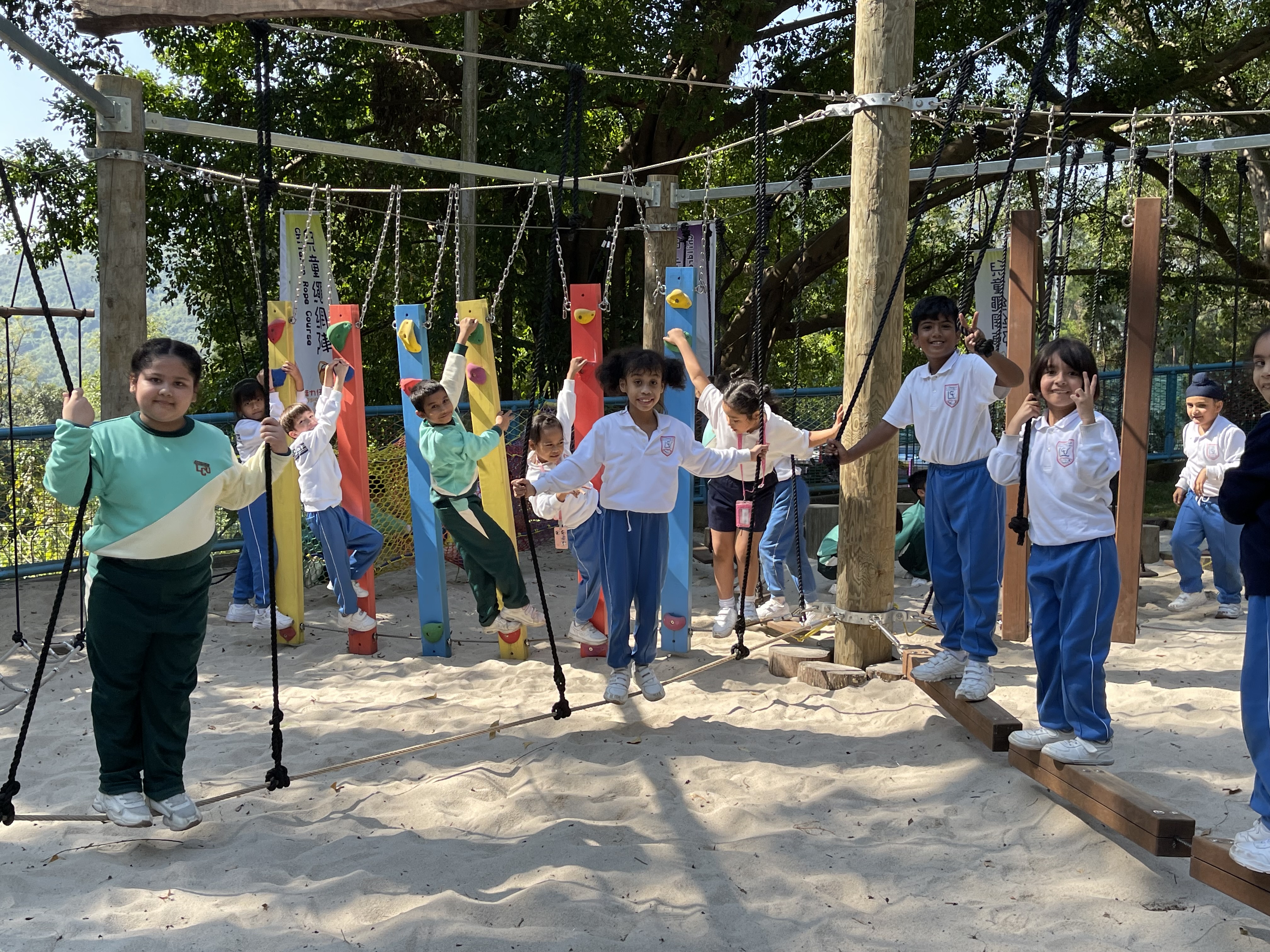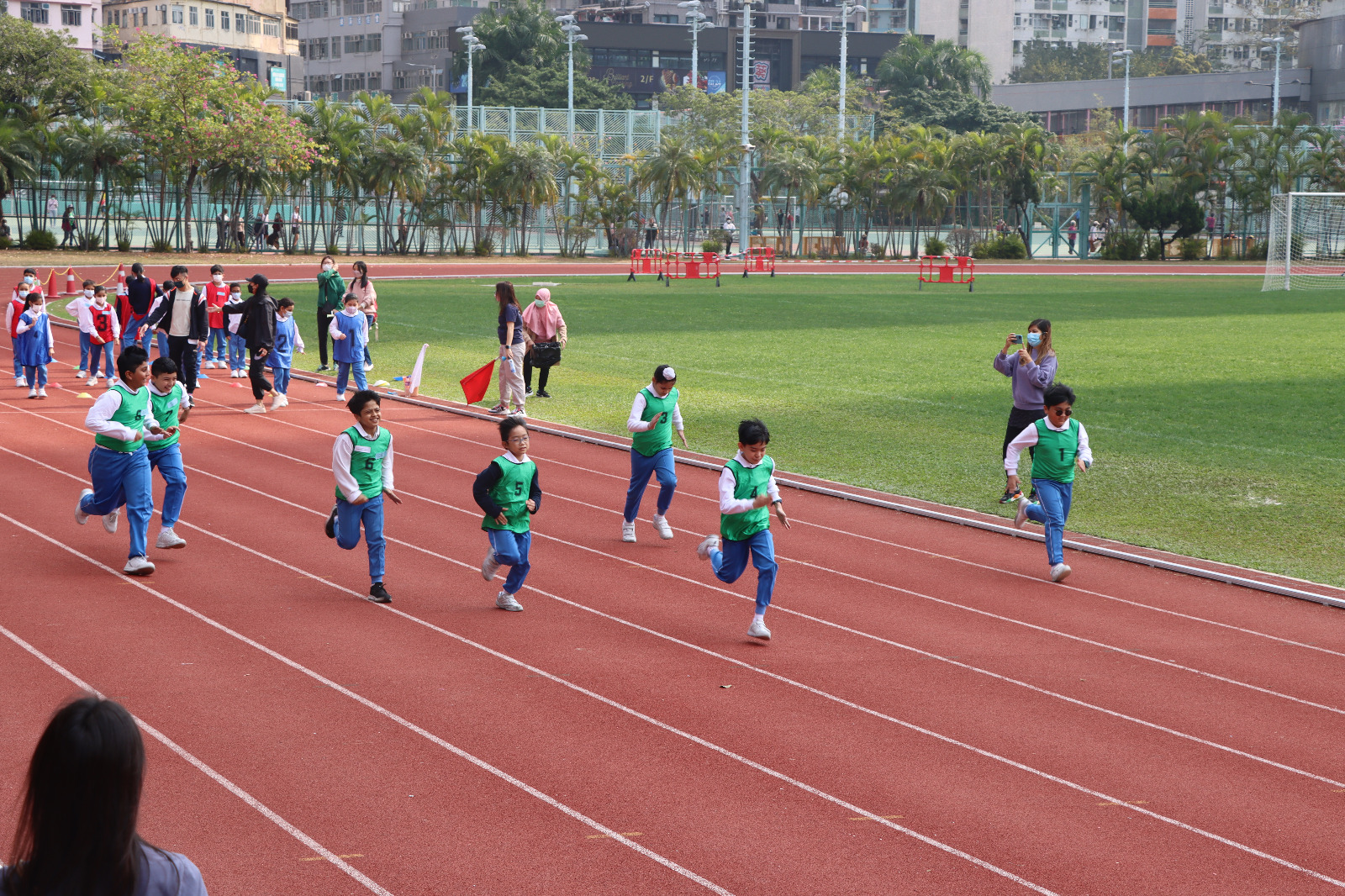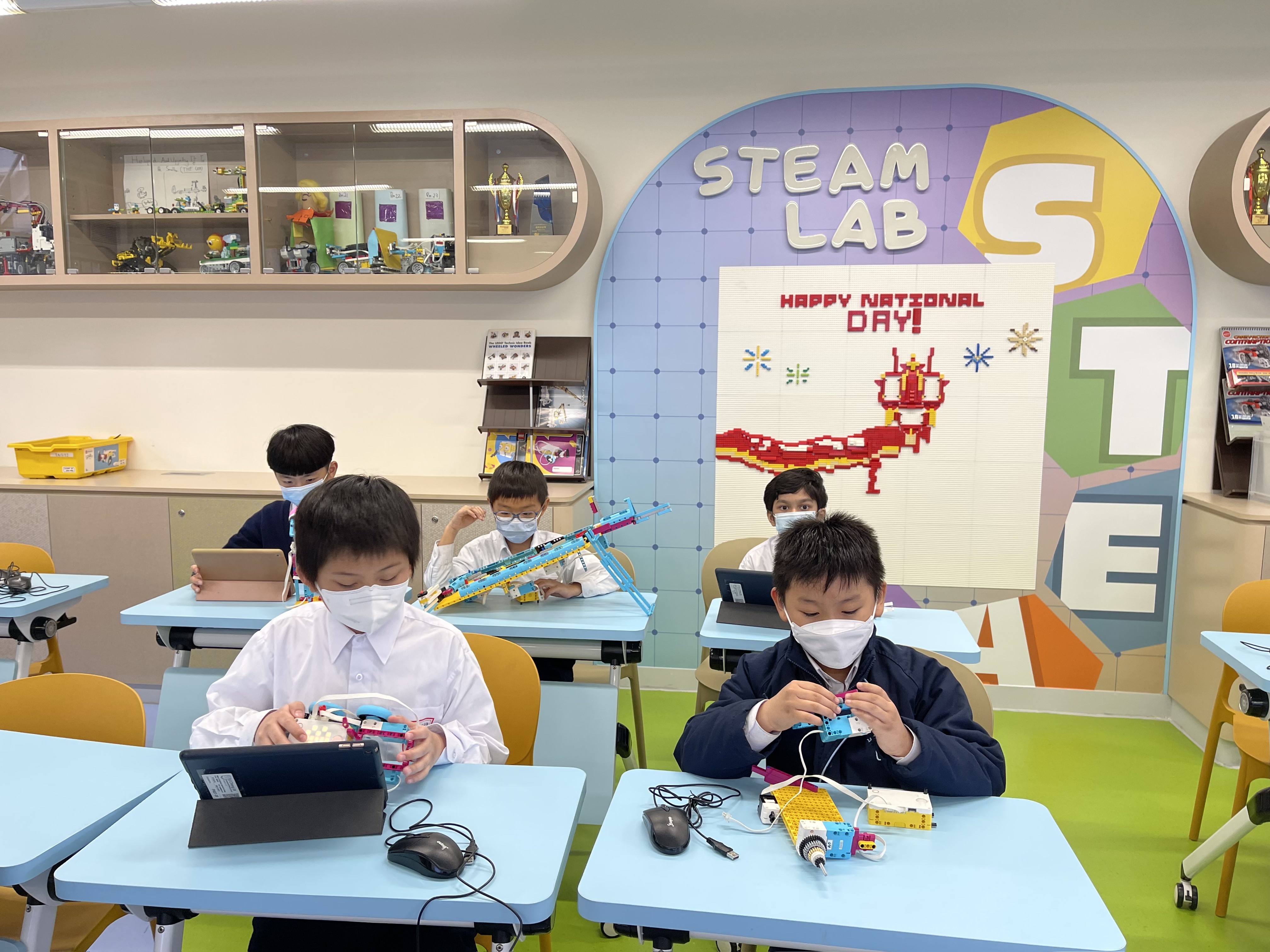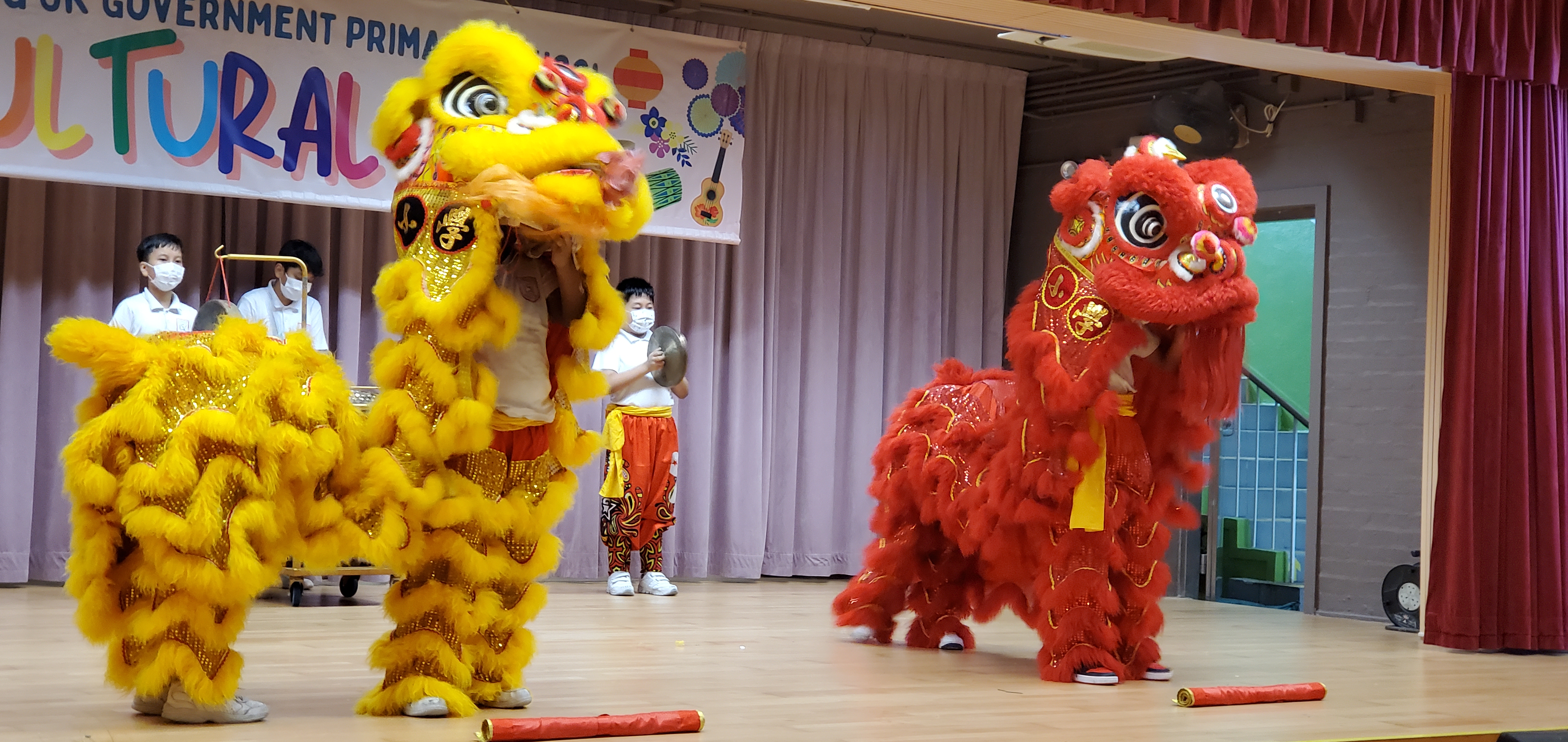Introduction
|
The Mathematics curriculum in school aims at helping students to acquire the ability to explore, conjecture and reason logically. It is a powerful means of communication, a foundation for the study of other disciplines, and an intellectual endeavor. Mathematics plays an important role in helping students develop necessary skills for lifelong learning. To achieve this, there are different activities for students to conceptualize inquiring, reasoning, communicating, formulating and problem-solving skills. Students are encouraged to appreciate the aesthetic nature and cultural aspects of mathematics.
|
Objectives
| 1. | To arrange diversified learning activities at different levels, such as hands-on exploratory activities, project work, mathematics reading activities, and activities based on a topic in Mathematics to integrate relevant learning elements from other KLAs. |
| 2. |
To incorporate the use of information technology for interactive learning and self-directed learning. |
| 3. |
To adopt different strategies to cater for learner diversity, such as adapting the Mathematics curriculum and using the curriculum space created flexibly for consolidation and enrichment. |
| 4. |
To assign quality homework to consolidate learning, and discourage mechanical drilling. |
Self-directed Learning in Mathematics through Reading
|
In a knowledge-based society, schools play an essential role to equip students with skills for reading to learn. Nurturing students to apply reading in learning Mathematics is important. It also paves ways for students’ self-directed learning. In order to broaden students’ knowledge of Mathematics, we provide students to read a variety of reading texts which are related to their subject learning.
|
Learning beyond the Classroom
- Mathematics Enrichment Programme
|
To enhance students’ Mathematics knowledge and boost their achievement, our school launches a Mathematics Enrichment Programme for P.4, 5 & 6 students during the Integrated Lesson. Students solve some tasks by using the mathematics knowledge they have learnt. These thought-provoking tasks can train up their critical thinking skills. |
- Solution-based Challenges
|
To cultivate problem-solving and critical thinking skills, we provide solution-based challenges in Mathematics. Mathematics enables students to analyze information, eliminate errors, and make conscious decisions when designing solutions. Students are encouraged to solve problems in the authentic world which equips students to tackle to real-world challenges. |









